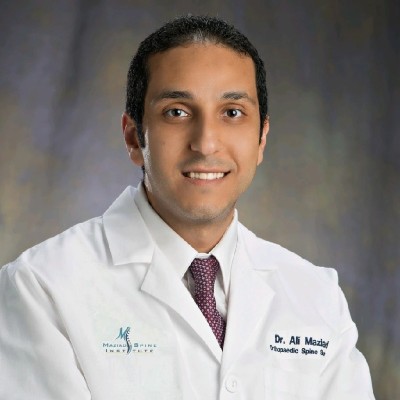Researchers
Discover all researchers in life sciences
Discover all researchers in life sciences

Researcher at Research Department
Ask questions about Shay Bess's research, publications, and ongoing work
Established critical thresholds for spinopelvic alignment, providing essential guidelines for surgical planning and correction of spinal deformities, impacting surgical outcomes and patient quality of life.
Contributed to the development and validation of the SRS-Schwab classification system for adult spinal deformity, enabling standardized assessment and treatment planning across different patient populations.
Demonstrated the significant impact of cervical sagittal alignment on outcomes following posterior cervical fusion surgery, highlighting the importance of comprehensive alignment assessment in surgical planning.
Investigated the relationship between radiographical spinopelvic parameters and disability in adult spinal deformity, providing insights into the biomechanical factors contributing to patient symptoms and functional limitations.
Introduced the T1 pelvic angle as a novel radiographic measure of global sagittal deformity, demonstrating its correlation with health-related quality of life and its utility in assessing overall spinal balance.
Evaluated the complications associated with growing-rod treatment for early-onset scoliosis, providing critical data for optimizing surgical techniques and minimizing adverse events in pediatric patients.
Developed preoperative predictive models for major complications following adult spinal deformity surgery, enabling better risk stratification and informed decision-making for surgical candidates.
Dr. Shay Bess is a leading expert in spinal deformity surgery, focusing on innovative techniques and improving patient outcomes through advanced surgical methods and comprehensive clinical research. His work has significantly advanced the understanding and treatment of adult and pediatric spinal deformities.
Researchers with overlapping expertise and complementary work
Finding similar researchers...